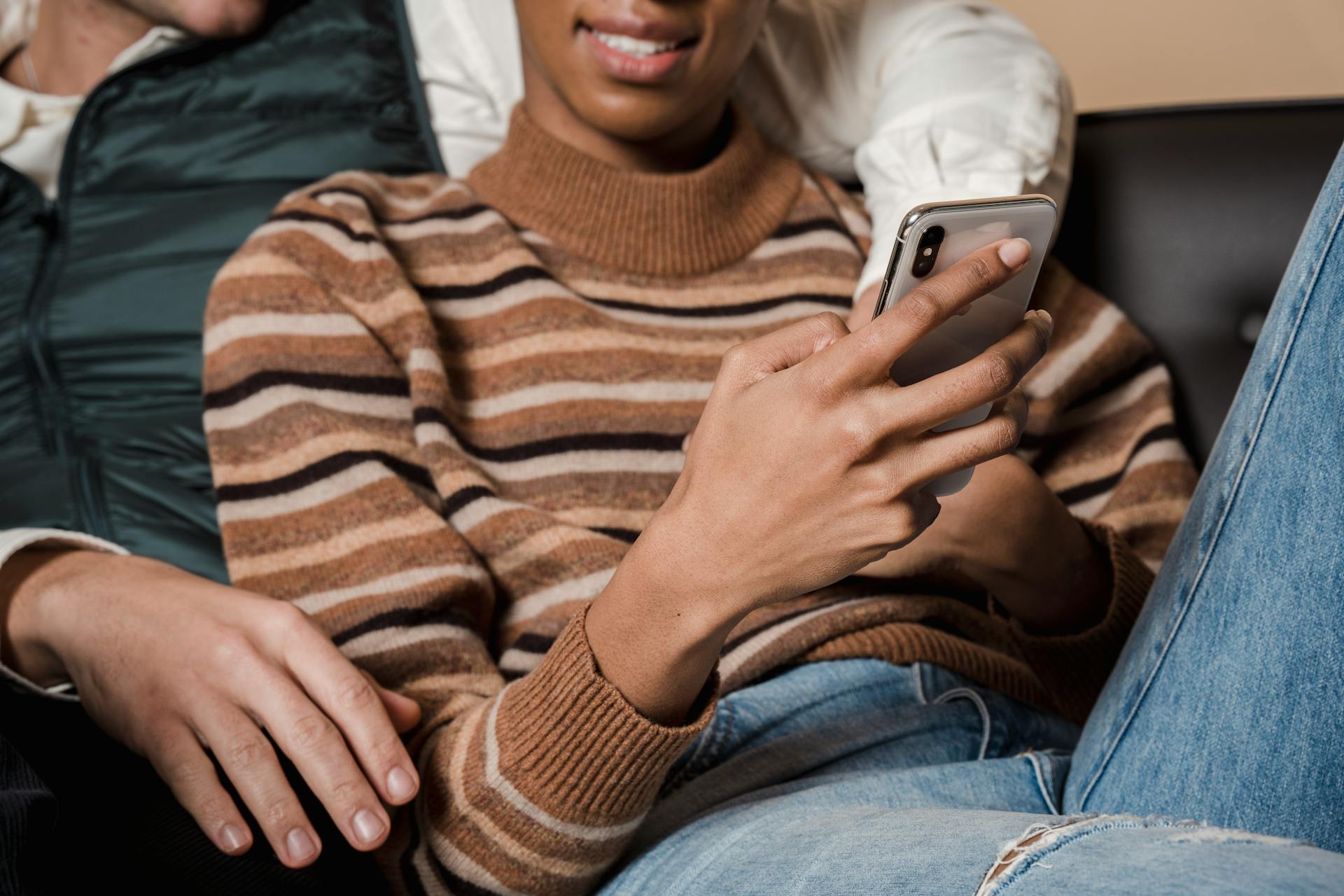It seems like everyone is always on their phones. The constant phone connection can impact your face-to-face communication. Phubbing is the act of snubbing someone you’re talking with in person in favor of your phone. Essentially, it’s phone snubbing.
It’s easy to get distracted by your phones and forget to engage with the people right in front of you and what’s going on in the world around you. The next time you catch a friend, your partner or yourself phubbing, don’t be afraid to call it out. Here’s how to prevent your phone and the “phubbing” trend from negatively impacting your relationships.
What Is Phubbing?
Next time you go to a restaurant with family and friends, take a look around. You might find that a lot of people at the other tables are on their phones, tablets or other digital devices. This, in essence, is phubbing. Instead of people engaging the people and things around them, they are glued to their phones.
An Australian advertising company coined the term “phubbing” in 2012. A team of people sat down to describe what they saw to be a growing trend around them – people choosing their phones over the people directly in their company. The word took off and the Oxford Online Dictionary even added it.
The Impact of Choosing Your Phone Over People
With nearly 97 percent of Americans owning a smartphone, it’s not surprising that people are increasingly addicted to their smartphones. They crave the dopamine high of the next like or comment. They experience FOMO so they scroll and swipe to see what is going in the world. Phubbing is also increasingly common, with studies showing that more than 17 percent of people phub others at least four times a day. Almost 32 percent of people report being phubbed two to three times a day.
Phubbing affects your personal relationships and leads to disconnection. When you are constantly on your phone, it interrupts your ability to be present. You cannot process and thoughtfully engage in dialogue with the person in front of you while dissecting the latest headline, TikTok or meme.
Face-to-face conversations become less satisfying, and you are less likely to connect and empathize with another person if you’re on your phone. One study found that too much time on your phone led to lower levels of perceived relationship quality, partner trust, and perceived empathy. It can impact communication and for romantic relationships, phubbing can even impact physical and emotional intimacy.
The Impact on Mental Health
Believe it or not, choosing to snub the people around you in favor of your phone also impacts their mental health. Research shows that the person on the receiving end must deal with the negativity attached to phubbing. Phubbing undermines their core needs of belonging, control, and self-esteem. When you ignore someone for a phone, they might feel rejected, excluded, or not valued.
When you are “phubbing” someone, the other person is likely to pick up their phone and start scrolling social media in response. Thus, the cycle repeats itself. While in-person and face-to-face social interaction has proven to be good for mental health, too much social media can have the opposite effect. The more a person engages in social media, the more likely they are to feel depression or anxiety.
How to Nix Phone Phubbing?
In order to stop phubbing, it starts with calling out the behavior. Whether it’s a phone addiction in yourself, your partner, or a friend, identifying and acknowledging it is crucial. You might say something like, “I’ve noticed you are constantly on your phone at dinnertime or when we have alone time. When you do that, it makes me feel ignored and forgotten.”
After you call it out, it’s time to set new boundaries. Phone boundaries are limitations on when and where you can use your phone. Perhaps, it’s no phones at the dinner table, no phones after a certain time, or no phone in the bedroom at night. Agree on whatever works best for you and your partner.
Don’t be afraid to leave your phone behind. Whether it’s to go for a walk, to sit over a meal, to exercise, don’t bring your phone with you. Challenge your partner and your family and friends to do the same. You can make it fun and humorous by giving a reward for “phone-free” successes.
Be willing to call out phubbing when you see it. Don’t forget to be sympathetic. Phone addiction is real, and it takes time to break learned habits.
